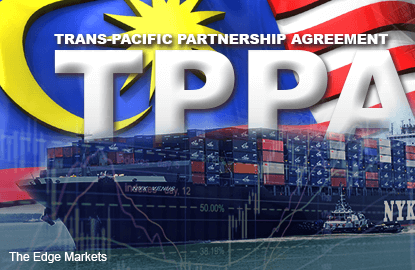
This article first appeared in The Edge Financial Daily, on November 17, 2015.
KUALA LUMPUR: There is little chance that provisions in the Trans-Pacific Partnership (TPP) would extend patents of medicines that would delay the entry of generics, the lead intellectual property (IP) negotiator for the Malaysian TPP negotiating team, Burhan Irwan Cheong, said yesterday.
“The extension [of the patent] of medicines will only be provided under the condition of unreasonable delay in [the processing of] IP application through our regulatory office, which is the National Pharmaceutical Control Bureau,” he said.
He added that based on the country’s experience in the past two years, the process of application for the patent of medicines has never exceeded one year.
Under the TPP, a pharmaceutical company must be compensated via patent extension, if its IP application is unreasonably delayed.
“For Singapore, which has implemented this [compensation] obligation since about 10 years ago, their definition of unreasonable delay is applications that are aged over two years; Malaysia’s processing time is half of that, so the possibility of an extension is very minimal,” he said.
Certain quarters, including the World Health Organization, have voiced concern about the impact that the trade pact will have on vital drug prices, as it could limit the availability of cheaper generic medicines in favour of patent holders.
On Nov 5, Malaysian AIDS Council policy manager Fifa Rahman was reported as saying that Malaysia relies heavily on generic medicines, and that pharmacists recommend generic substitution for 85% of all brand name requests of medicines in Malaysia.
The TPP is a plurilateral trade agreement involving 12 countries, including Malaysia, and led by the United States.